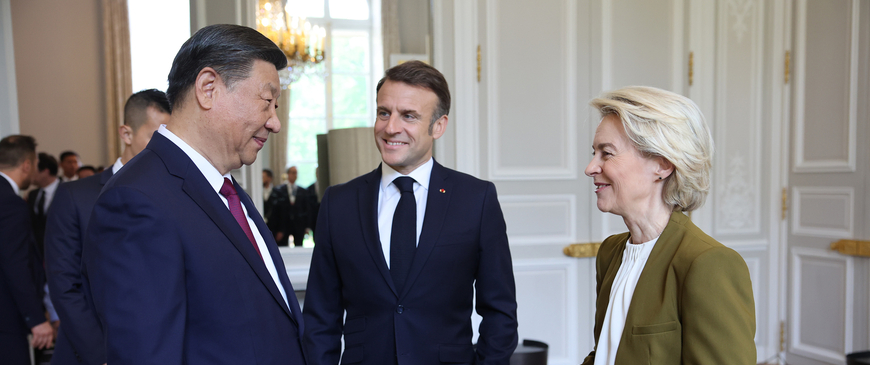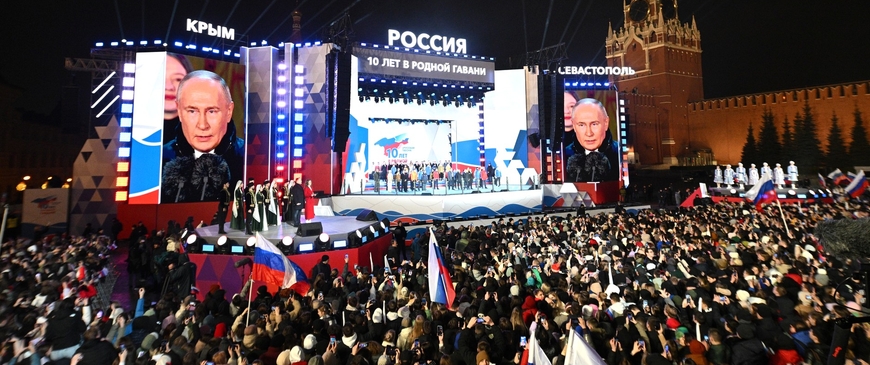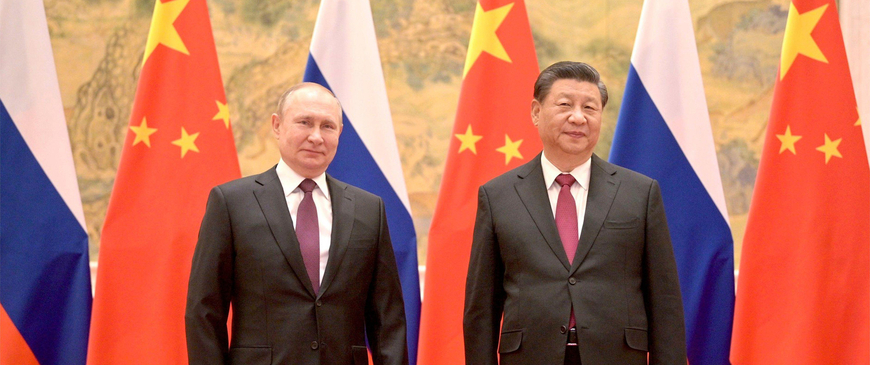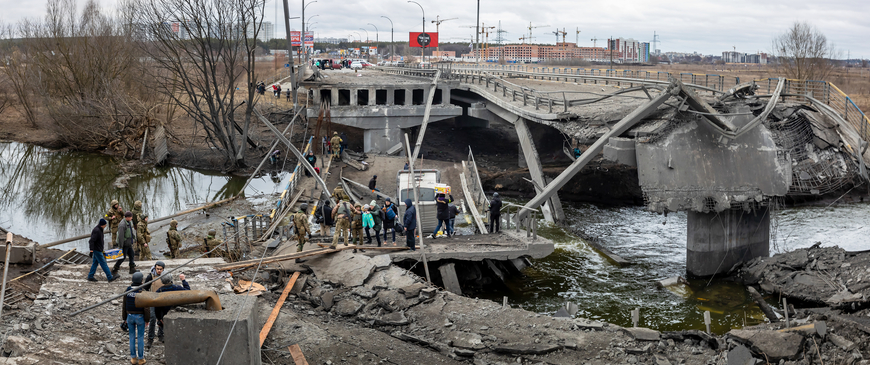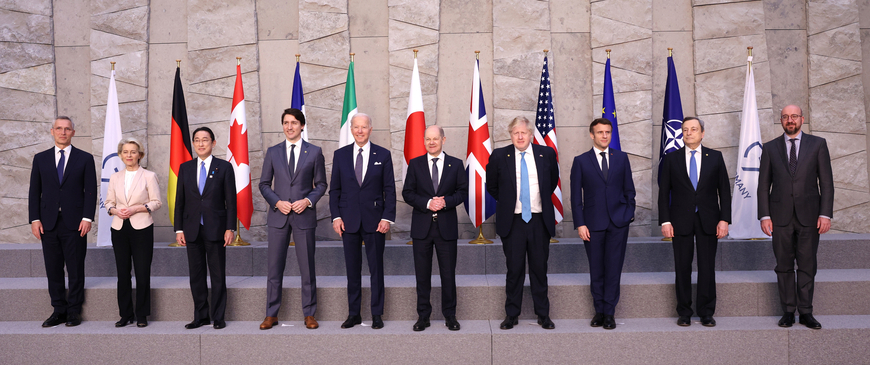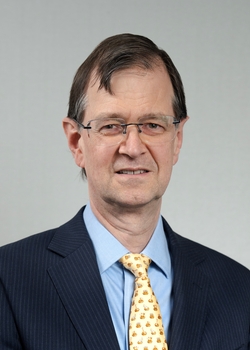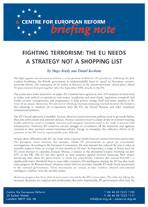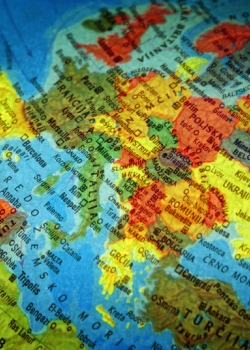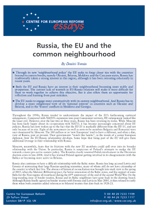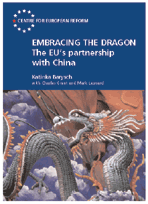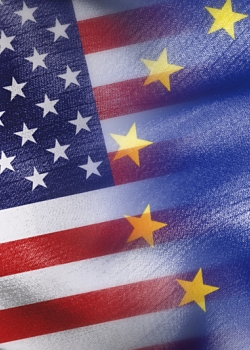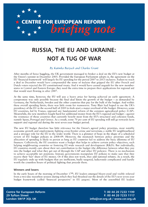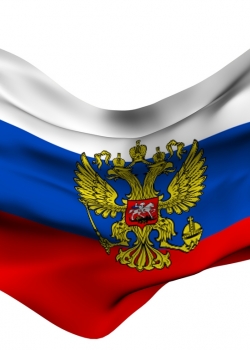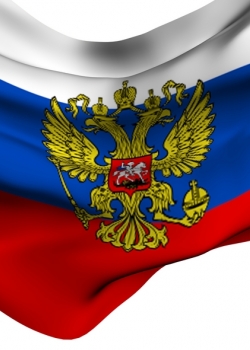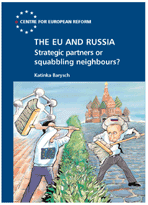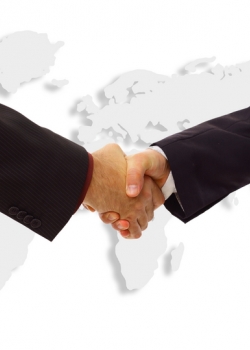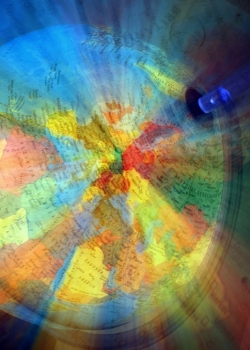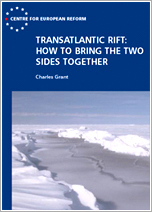China & Russia
Fighting terrorism: The EU needs a strategy not a shopping list
11 October 2005
The fight against international terrorism is a key priority of Britain's EU presidency. Following the July London bombings, the British government is understandably keen to speed up European counter-terrorism efforts.
Can variable geometry save EU enlargement?
03 October 2005
All over Europe, politicians are becoming more hostile to further EU enlargement. One reason is that electorates in many countries oppose it. Another is that the EU’s ‘widening’ has always been closely linked to its ‘deepening’.
Issue 44 - 2005
30 September 2005
- Can variable geometry save EU enlargement?, Charles Grant
- CAP reform can reshape the EU budget, Lord Haskins
- An avant-garde for internal security, Hugo Brady
Russia, the EU and the common neighbourhood
02 September 2005
Throughout the 1990s, Russia tended to underestimate the impact of the EU's forthcoming eastward enlargement. Compared with NATO's expansion into post-Communist territory, EU enlargement looked like the lesser evil.
Embracing the dragon: The EU's partnership with China
02 May 2005
The EU is now China's biggest trading partner. European companies are ploughing billions of euro into the booming Chinese market. The EU offers Beijing help in areas such as fighting pollution and writing better laws.
What new transatlantic institutions?
01 April 2005
Earlier this year, Gerhard Schröder caused a stir with a speech to the Munich Security Conference. When he said that NATO was no longer the forum for top level strategic discussions between Europeans and Americans he was stating the obvious.
Issue 41 - 2005
25 March 2005
- What new transatlantic institutions?, Charles Grant, Mark Leonard
- Clumsy politics on services, John Monks
- One year after enlargement, Katinka Barysch
Europe's transformative power
01 February 2005
Type the words 'Europe' and 'crisis' into the internet search engine Google, and more than four million entries come up. The media use these two words so frequently that they have become interchangeable.
But historians detect an enduring success behind the journalists' superficial sense of failure. They describe a continent that...
But historians detect an enduring success behind the journalists' superficial sense of failure. They describe a continent that...
Making multilateralism work
01 February 2005
At their December 2003 summit, EU leaders nailed the concept of 'effective multilateralism' to their foreign policy mast. The governments said they were committed to upholding and improving international law; and to strengthening the United Nations (UN), by giving it the tools to do its work more effectively.
Issue 40 - 2005
28 January 2005
- Europe's transformative power, Mark Leonard
- Making multilateralism work, Lord Hannay
- Will the French vote 'Non', Aurore Wanlin
Russia, the EU and Ukraine: Not a tug of war
01 December 2004
What has been the real choice in Ukraine's presidential election? To judge not only from the Russian media, but also from some western newspapers, Ukraine is the subject of a tug of war between Russia and the West.
The EU and China
01 December 2004
With George W Bush re-elected to the White House, many Europeans are gloomy about the future of transatlantic relations. The EU's relationship with Russia has also soured, and not only because of Moscow's attitude to Ukraine's fraudulent elections.
President Bush: Why you need the Europeans
01 December 2004
Dear Mr President, You have defeated an opponent who made a point of saying that he would pay more attention to European allies than you have done. You and your supporters must feel that your 'Americafirst' philosophy has been vindicated.
Your authority is now largely unchallenged at home. But that is...
Your authority is now largely unchallenged at home. But that is...
Learning to live with the new Russia
01 October 2004
The terrorist attack on the Beslan school in North Ossetia horrified people all over Europe, as in other continents. And yet, despite the wave of sympathy that briefly united Russians and other Europeans, the fallout from Beslan is likely to damage the relationship between Russia and the EU.
That relationship had...
That relationship had...
Issue 38 - 2004
24 September 2004
- Learning to live with the new Russia, Charles Grant
- Energy security: A new agenda for Europe, Nick Butler
- A new era in European democracy, Steven Everts, Daniel Keohane
The EU and Russia: Strategic partners or squabbling neighbours?
03 May 2004
The EU and Russia share a multitude of interests and objectives. The EU is Russia's biggest export market, while Russia is a crucial supplier of energy to the Union. However, as Katinka Barysch explains, the two sides often squabble.
A joined-up EU security policy
01 January 2004
EU member-states disagree on whether the EU should have its own military headquarters, or continue to depend on NATO to help run EU operations. This dispute is becoming increasingly theological.
Issue 39 - 2004
28 November 2003
- President Bush: Why you need the Europeans, Charles Grant, Steven Everts
- The EU and China, Katinka Barysch
- Three cheers for EU democracy, Alasdair Murray
Issue 33 - 2003
28 November 2003
- Is Europe working? , Katinka Barysch
- Should Britain hold a referendum on the EU Constitution?, Steven Everts and Charles Grant
- A joined-up EU security policy , Daniel Keohane and Adam Townsend
Transatlantic rift: How to bring the two sides together
05 September 2003
The Iraq conflict divided the West into two hostile camps. The rifts that run across the Atlantic and among the Europeans show few signs of disappearing.

